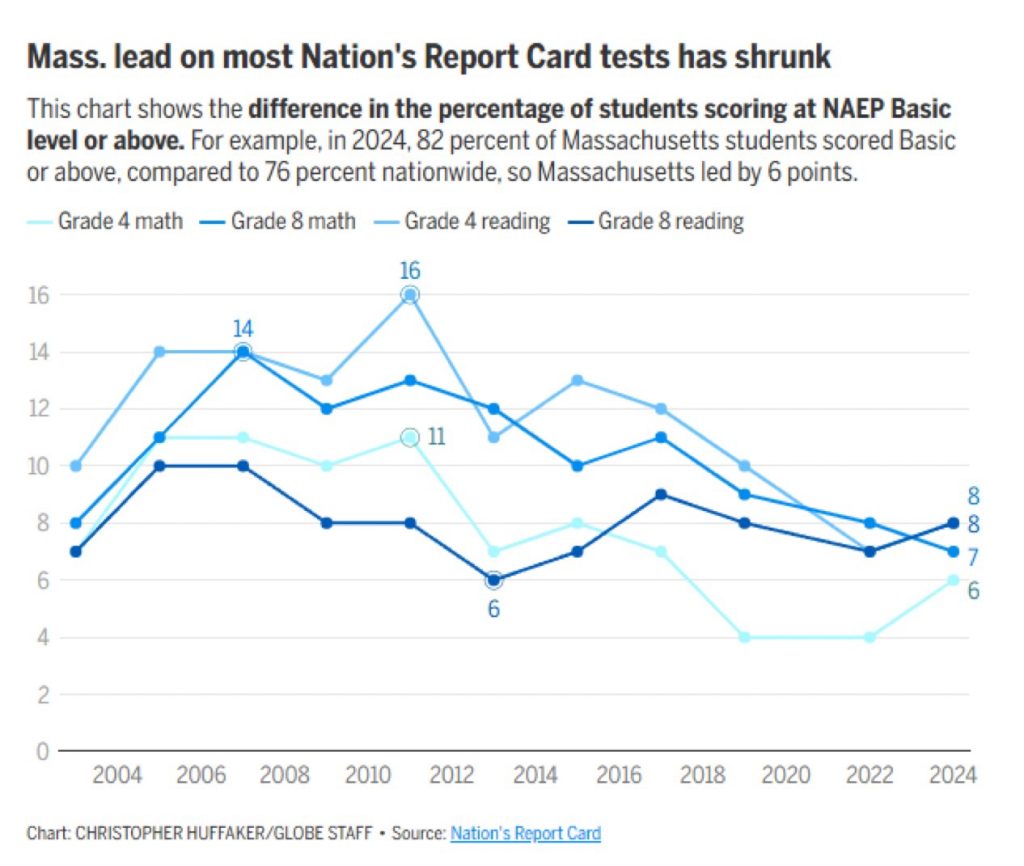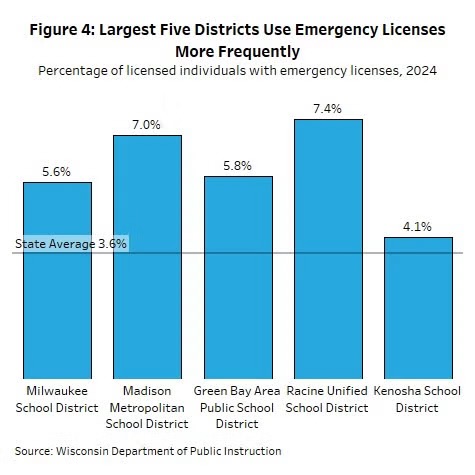Mitchell Schmidt:
The proposed amendment, which would restrict Wisconsin’s governor from using a partial veto to increase taxes or fees in appropriation bills such as state budgets, passed the Legislature the first time in early 2024. If the measure passes both chambers early next year, the ballot question could come before voters in the state’s fall election cycle.
If passed, Vos said the proposed constitutional amendment would halt future increases in state-imposed revenue limits on school districts created when Evers issued partial vetoes to the state’s two-year spending plan in July 2023.
“We don’t think that you should be able to have that massive property tax increase by one person’s actions,” Vos said.
Revenue increases already enacted under the budget would remain in place, he said.
“It would say that, going forward, you can’t continue to increase property taxes via that veto,” Vos said.
Under the budget Evers signed, districts would be allowed to raise revenue by $325 per student per year until 2425. Given current public school enrollment levels, that amounts to a more than $260 million increase per year.
To make the change, Evers struck several words and a hyphen in a section of the budget Republicans intended as a temporary increase in the revenue limits. As a result, the phrase “for the 2023-24 school year and the 2024-25 school year” became “for 2023-2425.”
——-
Madison taxpayers have long supported far above average (now > $26,000 per student) K-12 tax & spending practices. This, despite long term, disastrous reading results.
Madison Schools: More $, No Accountability
The taxpayer funded Madison School District long used Reading Recovery…
The data clearly indicate that being able to read is not a requirement for graduation at (Madison) East, especially if you are black or Hispanic”
My Question to Wisconsin Governor Tony Evers on Teacher Mulligans and our Disastrous Reading Results
2017: West High Reading Interventionist Teacher’s Remarks to the School Board on Madison’s Disastrous Reading Results
Madison’s taxpayer supported K-12 school district, despite spending far more than most, has long tolerated disastrous reading results.
“An emphasis on adult employment”
Wisconsin Public Policy Forum Madison School District Report[PDF]
WEAC: $1.57 million for Four Wisconsin Senators
Friday Afternoon Veto: Governor Evers Rejects AB446/SB454; an effort to address our long term, disastrous reading results
Booked, but can’t read (Madison): functional literacy, National citizenship and the new face of Dred Scott in the age of mass incarceration.
When A Stands for Average: Students at the UW-Madison School of Education Receive Sky-High Grades. How Smart is That?

